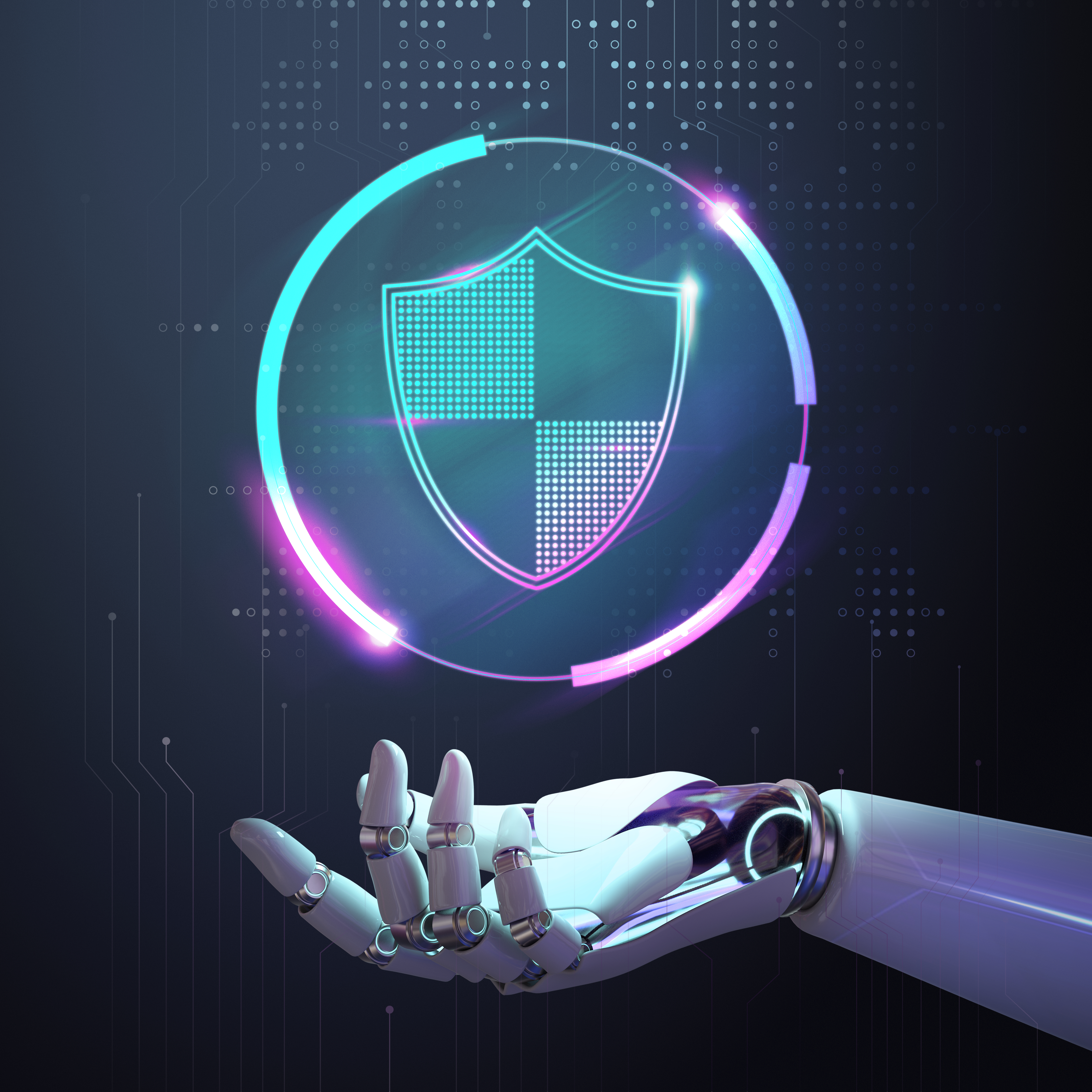Introduction
As cyber threats continue to evolve in complexity and frequency, businesses need more sophisticated and proactive security solutions. At NETHUB DUKEL, we've been at the forefront of cybersecurity innovation, developing cutting-edge technologies and methodologies that help our clients stay ahead of emerging threats.
In this article, we'll explore the key cybersecurity trends of 2023 and how our solutions are addressing these challenges to provide comprehensive protection for businesses of all sizes.
1. AI-Powered Threat Detection
Traditional signature-based security measures are no longer sufficient against today's sophisticated attacks. At NETHUB DUKEL, we've developed advanced AI algorithms that can detect anomalous patterns and potential threats before they cause damage.
Our AI-powered security platform continuously learns from new data, improving its ability to identify even the most subtle indicators of compromise. This proactive approach has helped our clients reduce security incidents by up to 75% compared to traditional methods.
2. Zero-Trust Architecture Implementation
The traditional perimeter-based security model is becoming obsolete in today's distributed work environment. Our zero-trust security framework operates on the principle of "never trust, always verify," requiring authentication and authorization for every user and device attempting to access resources, regardless of their location.
We've successfully implemented zero-trust architectures for numerous clients, including a major financial institution that saw a 60% reduction in successful phishing attempts and unauthorized access incidents within the first three months.
3. Supply Chain Security Solutions
Recent high-profile attacks have highlighted the vulnerability of supply chains. Our comprehensive supply chain security assessment and monitoring services help organizations identify and mitigate risks throughout their vendor ecosystem.
For a global manufacturing client, our supply chain security program identified critical vulnerabilities in third-party software components that could have led to a major breach. By addressing these issues proactively, we helped them avoid potential data loss and regulatory penalties.
4. Advanced Ransomware Protection
Ransomware attacks continue to pose a significant threat to organizations worldwide. Our multi-layered ransomware protection strategy combines preventive measures, real-time detection, and rapid response capabilities to minimize the impact of these attacks.
When a healthcare provider client faced a sophisticated ransomware attempt, our systems detected and contained the threat before it could encrypt critical patient data, preventing both operational disruption and potential HIPAA violations.
5. Compliance Automation
With the proliferation of privacy regulations globally, compliance has become increasingly complex. Our compliance automation platform streamlines the process of meeting regulatory requirements by continuously monitoring systems, automatically documenting controls, and alerting to potential compliance gaps.
This approach has reduced compliance management effort by up to 40% for our clients while improving the accuracy and completeness of their compliance programs.
Case Study: Financial Services Security Transformation
One of our most successful implementations was for a mid-sized financial services company facing increasing security challenges. By deploying our integrated security platform, which incorporated all the innovations discussed above, they achieved:
- 85% reduction in security incidents
- 60% faster detection and response times
- 40% decrease in compliance management costs
- Improved customer trust through enhanced data protection
